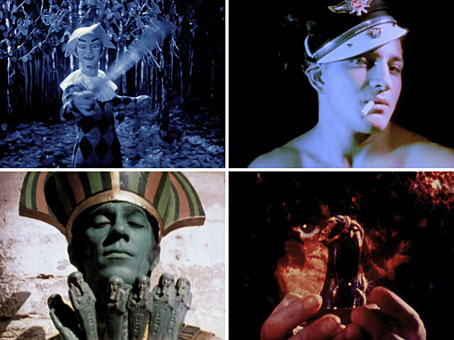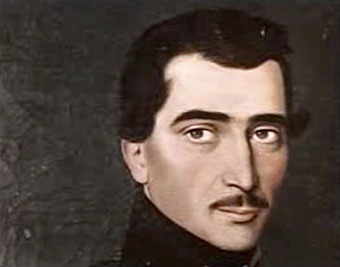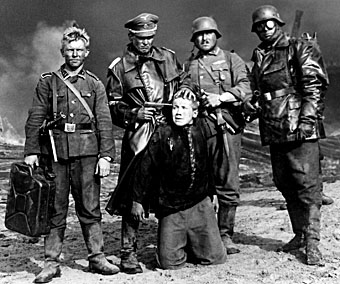
Nearly two years after their American release, and not a moment too soon, the films which comprise Kenneth Anger‘s superb Magick Lantern Cycle turn up at last in the UK. Good to see these being produced by the BFI, their previous collections of shorts by the Brothers Quay and Jan Svankmajer are distinguished by quality transfers, great packaging and very thorough documentation. Surprising, then, that the box art of the BFI set is rather naff-looking compared to the Fantoma releases. On the plus side, those of us in Region 2 receive the additional extra of an Anger documentary by Elio Gelminis. The BFI is also making these films available for the first time on Blu-ray. Now I’m hoping they might get round to doing a decent job with all the films of Sergei Parajanov, especially that cult favourite of mine, Shadows of Our Forgotten Ancestors.
Renowned as the author of the scandalous best-selling book Hollywood Babylon, Kenneth Anger is a legend in this own time. The mythology that has grown around him has many sources, from his involvement with the occult, astrology and the pop world of Mick Jagger, Marianne Faithfull and Jimmy Page, to the announcement of his own death in the pages of the Village Voice, and the destruction, loss and banning of his films. At the heart of all this mythology is a filmmaker of prodigious talent, whose skill and imagination create films of great visual force, influencing filmmakers such as Martin Scorsese, David Lynch and RW Fassbinder.
Disc one:
* Fireworks (1947)
* Puce Moment (1949)
* Rabbit’s Moon (1950/1971, the rarely seen 16mins version)
* Eaux d’Artifice (1953)
* Inauguration of the Pleasure Dome (1954)
* Scorpio Rising (1964)
* Kustom Kar Kommandos (1965)
* Invocation of My Demon Brother (1969)
* Rabbit’s Moon (1979 version)
* Lucifer Rising (1981)
Disc two:
* Anger Me (2006) – Elio Gelminis documentary on Kenneth Anger
Extras
* Newly recorded commentaries by Kenneth Anger
* The Man We Want to Hang (2002) – Anger’s film on the paintings of Aleister Crowley
Previously on { feuilleton }
• Mouse Heaven by Kenneth Anger
• The Man We Want to Hang by Kenneth Anger
• Relighting the Magick Lantern
• Jan Svankmajer: The Complete Short Films
• Kenneth Anger on DVD…finally
• The Brothers Quay on DVD



